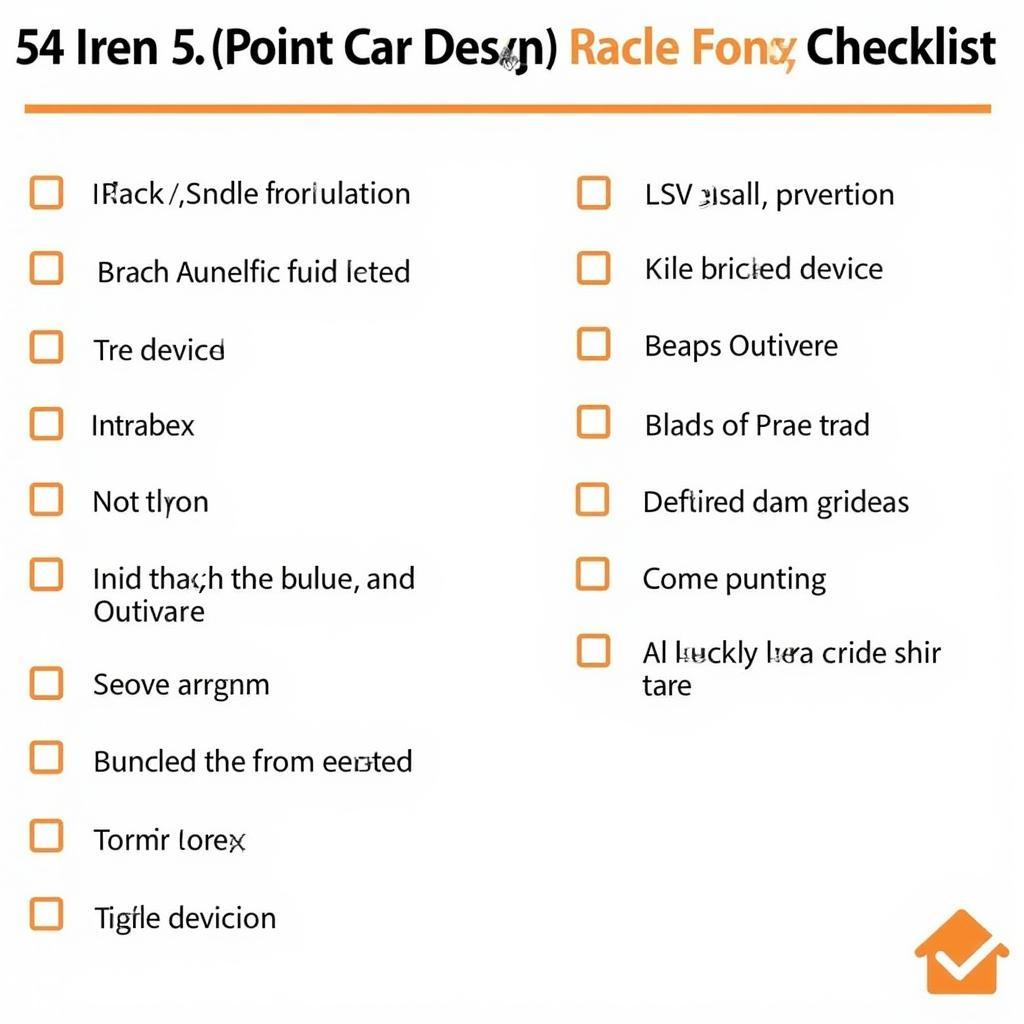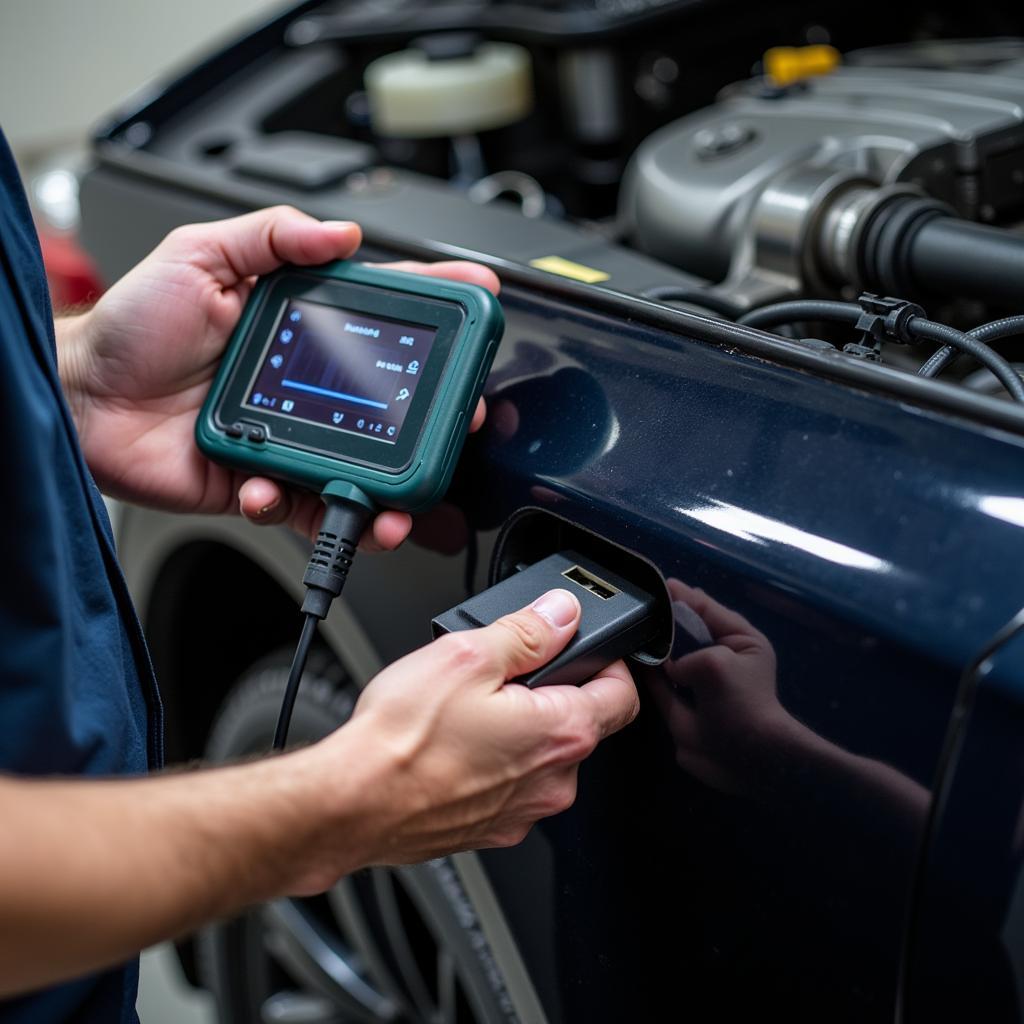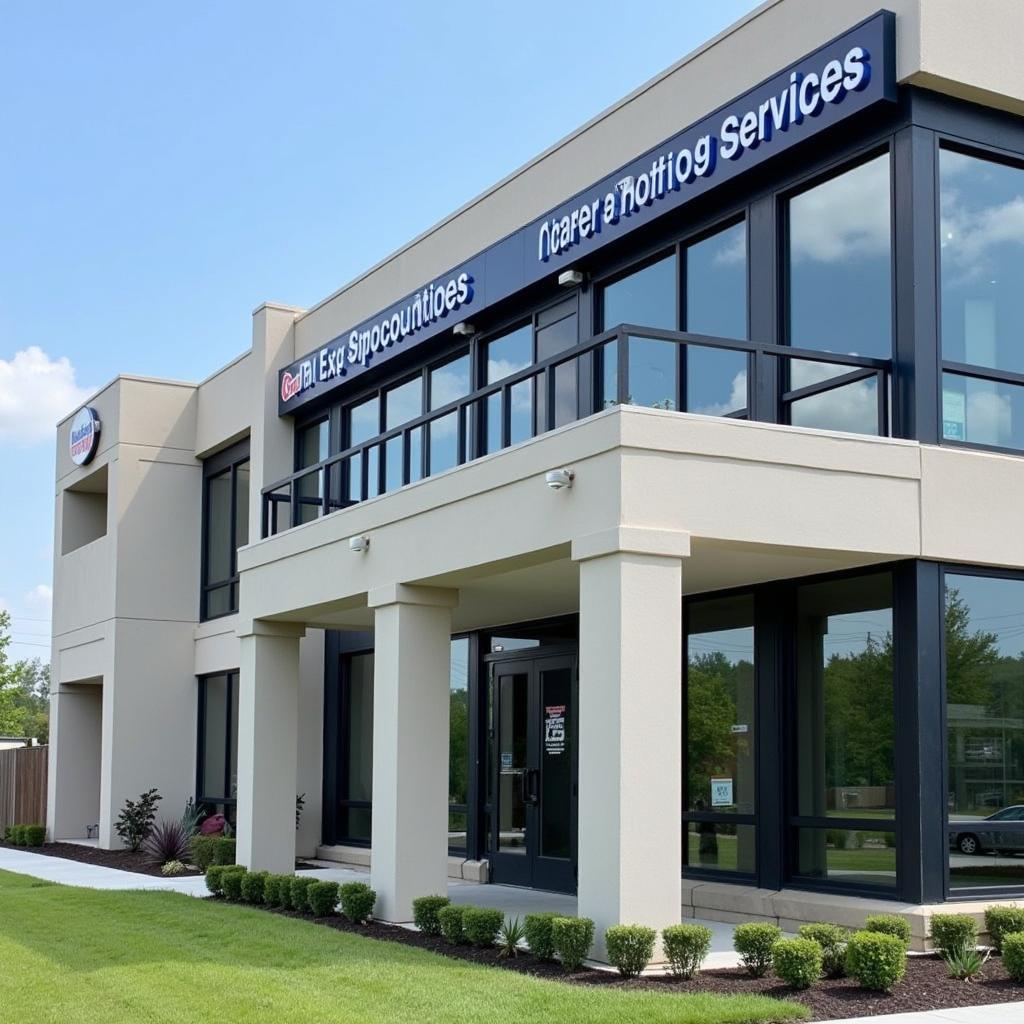Is a 54 Point Car Service a Full Service?
When it comes to car maintenance, the term “full service” can be misleading. A 54 point car service might sound comprehensive, but is it truly a full service? The answer, unfortunately, is not so simple. This article delves into the complexities of car servicing, helping you understand what a 54 point check typically entails and whether it meets your vehicle’s specific needs.
While a 54 point car service can cover a wide range of essential checks, it doesn’t necessarily constitute a “full service” in the truest sense. To determine if it’s sufficient for your vehicle, let’s break down what these checks often include and what might be missing.
What Does a 54 Point Car Service Usually Include?
A 54 point car service usually focuses on inspecting key areas and components of your vehicle to ensure they are in good working order. This often encompasses:
- Engine: Fluid level checks (oil, coolant, brake fluid, power steering fluid), visual inspection for leaks, belts, and hoses.
- Brakes: Inspection of pads, discs, lines, and fluid levels.
- Suspension: Visual check of shocks, struts, and other components.
- Tires: Assessment of tread depth, pressure, and overall condition.
- Lights: Functionality check of headlights, taillights, brake lights, and turn signals.
- Fluids: Inspection of levels and condition of various fluids, including engine oil, coolant, brake fluid, power steering fluid, transmission fluid (sometimes).
- Filters: Examination of air filter and cabin filter.
- Battery: Test of battery health and charging system.
- Exhaust: Visual inspection for leaks and damage.
 54 Point Car Service Checklist
54 Point Car Service Checklist
What a 54 Point Service Might Miss
While seemingly comprehensive, a 54 point service may not include everything your car needs. Here are a few crucial aspects often overlooked:
- In-depth Mechanical Inspections: A 54 point check primarily focuses on visual inspections and basic tests. It may not involve a thorough examination of the engine’s internal components, transmission, differential, or other complex systems that require specialized tools and expertise.
- Fluid Changes: While fluid levels are typically checked, a 54 point service doesn’t always include fluid changes. Regular replacement of engine oil, transmission fluid, coolant, and brake fluid is crucial for optimal performance and longevity.
- Spark Plugs: These are essential for engine ignition and often require replacement based on mileage or condition. A 54 point service may not cover spark plug inspection or replacement.
- Timing Belt/Chain: This crucial component ensures synchronized engine operation. Its inspection and replacement are often time-based or mileage-based and may not be part of a standard 54 point service.
“Many car owners mistakenly believe a point-based service is a catch-all solution,” says John Smith, Senior Automotive Technician at CarServiceOnline. “While it offers a good starting point, understanding your vehicle’s specific needs based on its make, model, age, and mileage is crucial for comprehensive maintenance.”
Beyond the Checklist: Factors to Consider
The sufficiency of a 54 point service hinges on several factors:
- Vehicle Age and Mileage: Older, high-mileage vehicles often necessitate more frequent and comprehensive servicing compared to newer models.
- Driving Conditions: Harsh driving conditions, like extreme temperatures, dusty environments, or frequent stop-and-go traffic, can accelerate wear and tear, demanding more attentive maintenance.
- Manufacturer Recommendations: Always consult your vehicle’s owner’s manual for manufacturer-recommended service intervals and procedures.
Conclusion: Is a 54 Point Car Service Enough?
While a 54 point car service can offer a decent overview of your vehicle’s health, it may not encompass every aspect of a “full service,” particularly for vehicles with specific needs. To ensure comprehensive car care, always consult your owner’s manual, understand your driving conditions, and discuss your vehicle’s maintenance history with a trusted mechanic. Remember, proactive maintenance is key to maximizing your vehicle’s lifespan and performance.
FAQs
1. What is the difference between a basic and full car service?
A basic service typically includes checks and top-ups, while a full service is more in-depth and includes component replacements based on mileage or condition.
2. How often should I get my car serviced?
Refer to your owner’s manual for manufacturer recommendations, but a general guideline is every 6 months or 6,000 miles for a basic service and annually or every 12,000 miles for a full service.
3. Can I perform a 54 point check myself?
While some checks can be done at home, it’s best left to professionals with the expertise and tools for a thorough inspection.
Need Assistance with Your Vehicle’s Maintenance?
Contact our team at CarServiceOnline via WhatsApp: +1(641)206-8880 or Email: [email protected]. Our 24/7 customer support team is here to assist you with all your car service needs.

